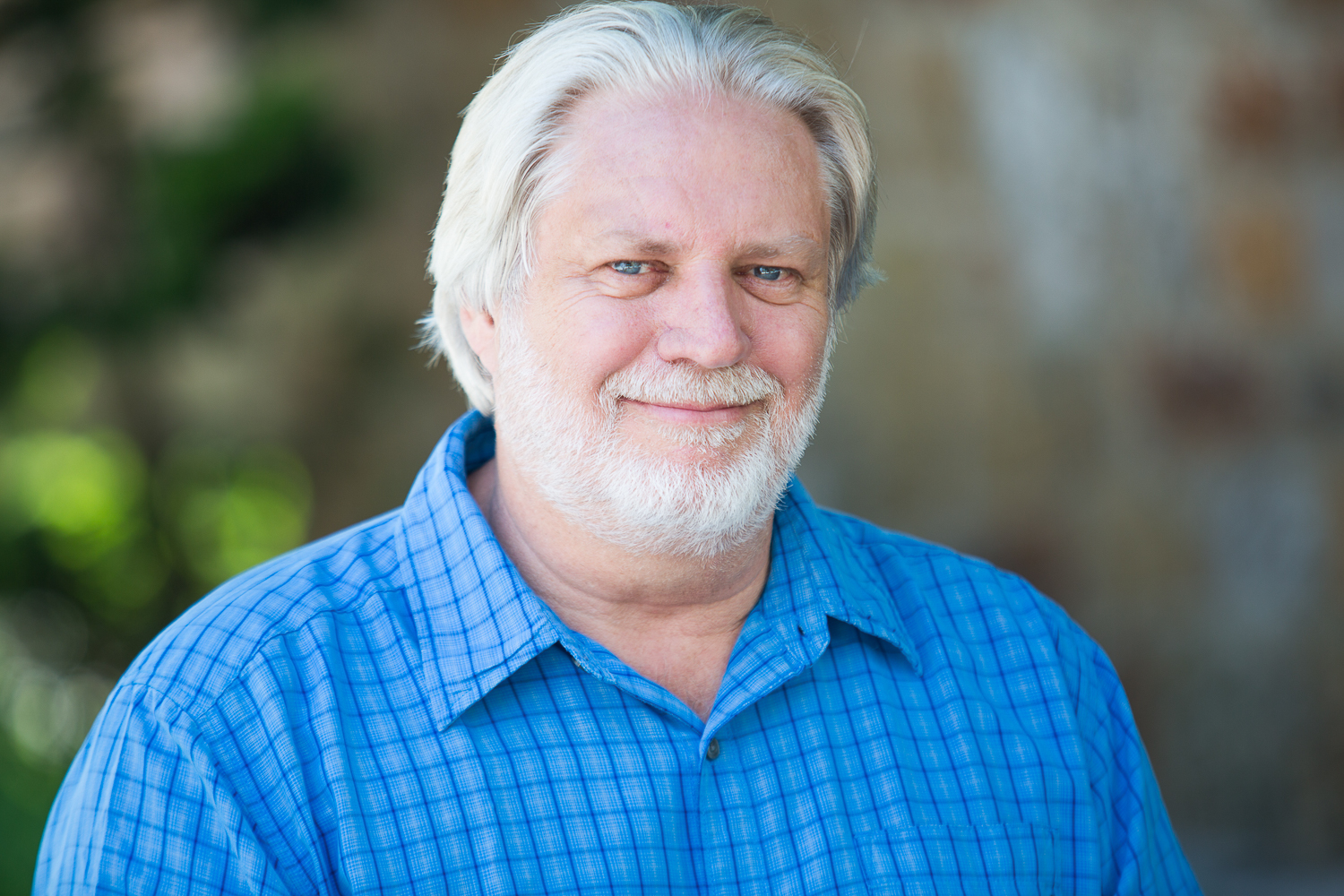Andrew Olendzki, professor and director of the Mindfulness Studies program (founded by longtime faculty member Nancy Waring), is a scholar of early Buddhist thought and practice with a special interest in Buddhist psychology and its relevance to the modern world. Here, he reveals ways that the practice of mindfulness can help one weather the perils of Coronavirus-related panic and bring at least one’s inner life into balance.
1. Maintain perspective
Half of what is happening is external, including events that are largely out of your control. The other half of what is happening is internal, such as your own thoughts and feelings and responses to what is happening.
- Know that while you cannot control what happens externally, you have a great deal of influence over how you think and feel and respond internally. You are not helpless: You can choose a healthy attitude over an unhealthy one.
2. Ground yourself in your senses
The mind is capable of six different activities: seeing, hearing, smelling, tasting, touching and thinking. Thinking is the only one of these that gives rise to stress, with thoughts of the past or the future. The other five senses can only function in the present moment.
- Practice giving full awareness to sensory activities (e.g., viewing nature, listening to music, eating mindfully, breathing) to the extent that you are just doing what you are doing instead of also thinking about what you are doing.
Take a guided meditation with Lesley Professor Emerita Nancy Waring.
3. Take a break
It is important to stay in touch with public events and to respond appropriately to breaking news. But you do not have to do this incessantly. Take time to balance attention to external events by attending to the inner flow of your own experience.
- Turn off the news and sit quietly from time to time, breathing deeply. Put your phone down now and then and take a few moments to relax the mind and body. Change the channel once in a while so you do not obsess over what is happening.
4. This, too, will pass
Impermanence is a fundamental characteristic of all things. The current circumstances are guaranteed to change. All it takes is abiding calmly, with patience, and this, too, will pass.
- Practice looking at things this way: This is just the way it is right now. It will eventually change for the better, and I will simply watch the changes take place with interest.
5. Don’t take it personally
Events occur in the world all the time; some are beneficial to us, some are not. There is no malevolent intent behind the virus; it is just something natural taking place in the natural world.
- Looking at things objectively helps alleviate the sense of fear that comes when we feel personally threatened. See if you can gaze upon what is happening with equanimity, rather than identifying with it and feeling victimized by it.




